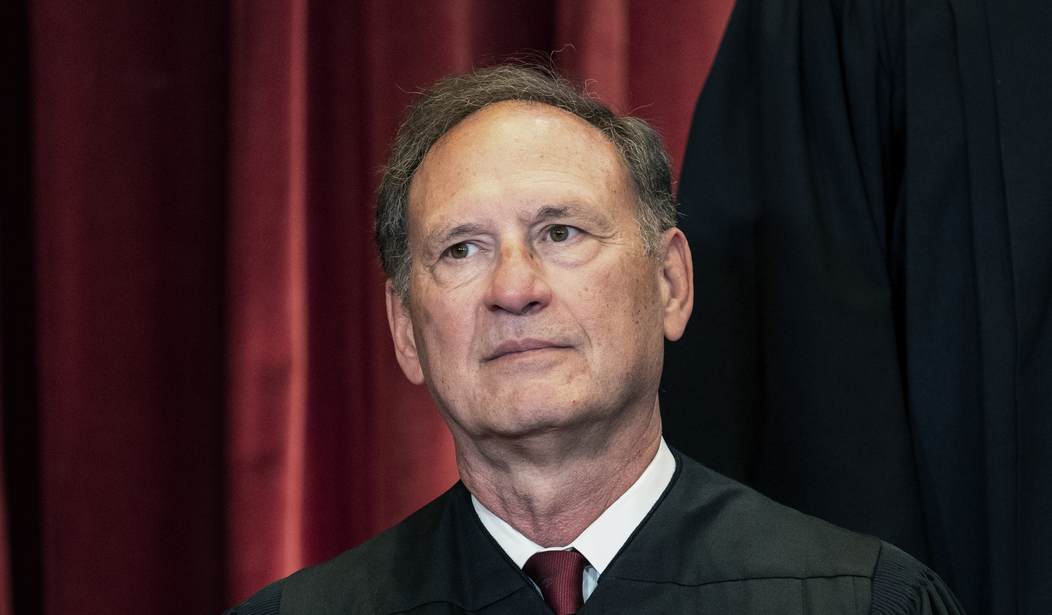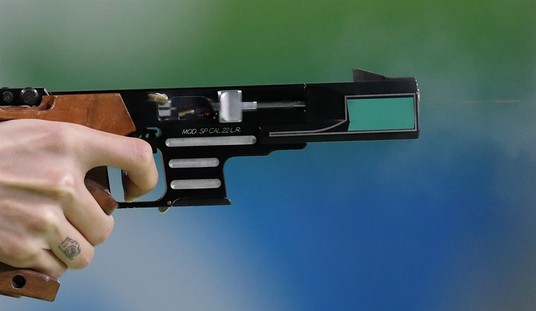My favorite part of the NYSRPA v. Bruen decision was Justice Alito’s concurrence (Pages 70–78 in the PDF) in which he took apart the emotional, illogical, whiny dissent (by Justices Breyer, Sotomayor, and Kagan) piece-by-piece. In case you haven’t read it, the dissent cited all sorts of irrelevant statistics and referred to suicides and domestic violence, which have absolutely nothing to do with the right to carry guns in public, to make a case for discretionary carry permitting.
The dissent also cited mass shootings, including the one in Buffalo, NY, while being completely oblivious to the fact that New York’s bigoted Sullivan law, which was central to the case, only made the victims defenseless in Buffalo.
In his concurrence, Justice Alito had numerous citations in the footnotes, one of which Professor Jake Charles of the Duke Center for Firearms Law recently called an “unvetted study,” which I assumed meant not peer-reviewed.
Alito in Bruen, quoting without concern an amicus’ unvetted study 🤷♂️ https://t.co/mPnIpNxRaw pic.twitter.com/33SHyariAs
— Jake Charles (@JacobDCharles) October 3, 2023
I reached out to Georgetown University Professor William English to ask about his “unvetted” study, and what I learned is summarized (in my own words) as follows:
What Justice Alito cited was Prof. English’s summary of the published literature. This summary is similar to a review by RAND Corporation, listed in the same footnote by Justice Alito, which echoed what Prof. English’s study found.
If the lack of peer review is what makes something “unvetted,” well, RAND Corporation’s review wasn’t published in an academic journal and wasn’t subject to external peer review either. Yet, Prof. Charles didn’t seem to mind that, while still labeling Prof. English’s summary “unvetted.” (RAND is considered a reputable outfit, although I have strong reservations about their wading into gun control, especially when their analysts openly show their hostile partisanship online.)
Elsewhere in the dissent, Justices Breyer, et al provide citations to reports by gun control groups like Everytown that use the misleading “gun deaths” statistic, which includes homicides, justifiable homicides, suicides, and even negligent deaths. Prof. Charles didn’t take any issue with any of that.
I checked Google Scholar and found that Prof. English’s study of the effects of the right to carry on crime had one citation and no published critiques. Prof. English’s study was not peer-reviewed when the amicus brief was submitted because he had just finished it, but it is currently undergoing peer review and expected to be published in the coming months.
My takeaway from looking into Prof. Jake Charles’ tweet is that a double standard exists when it comes to citations: those that either support or show no effect of gun control on violent crime are dismissed as “unvetted” if not peer-reviewed, but those that make a case for gun control are allowed to pass by without the slightest bit of protest.
This is not limited to the citations in Bruen. In the Duncan v. Bonta case, which deals with California’s “high capacity” magazine ban, the State’s expert divined a statistic into existence, that the average Defensive Gun Use (DGU) involves only 2.2 rounds. That number is to analytical rigor what quackery is to modern medicine. Yet, the State cited it to justify its ban, and there was nary a protest from the academics who support gun control.
I am expecting more of the same behavior from gun control academics when it comes to “assault weapon” bans and other gun control laws, current and future. Thankfully, as long as free speech and open discourse exist, especially in the academy, the truth will prevail. As the Greek orator Aeschines once said, “Truth is strong enough to overcome all human sophistries.”









Join the conversation as a VIP Member